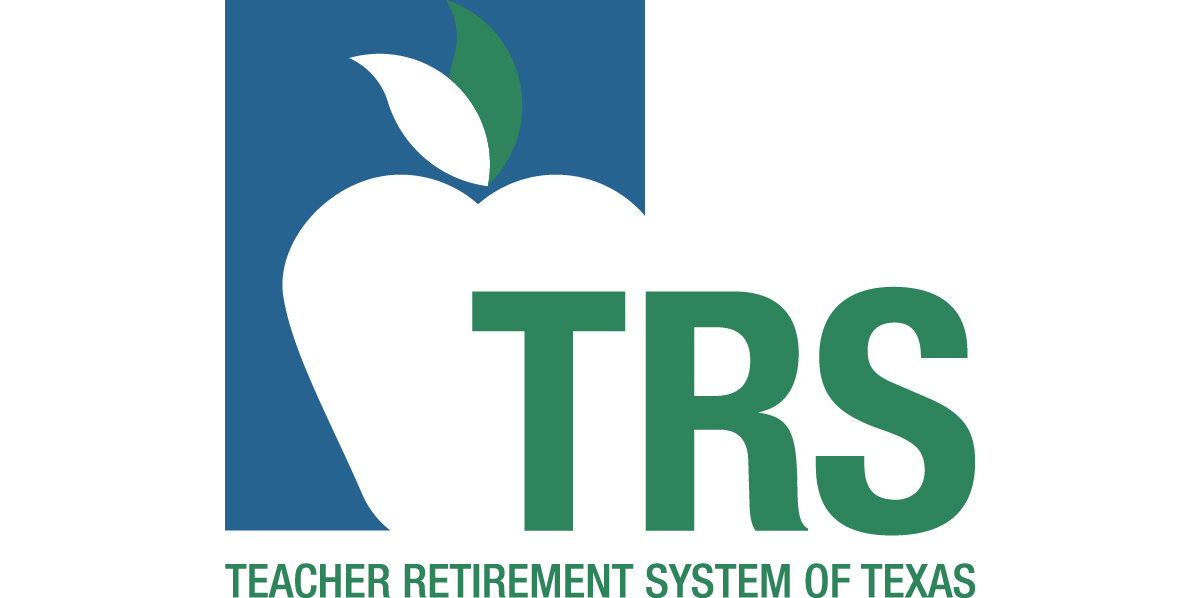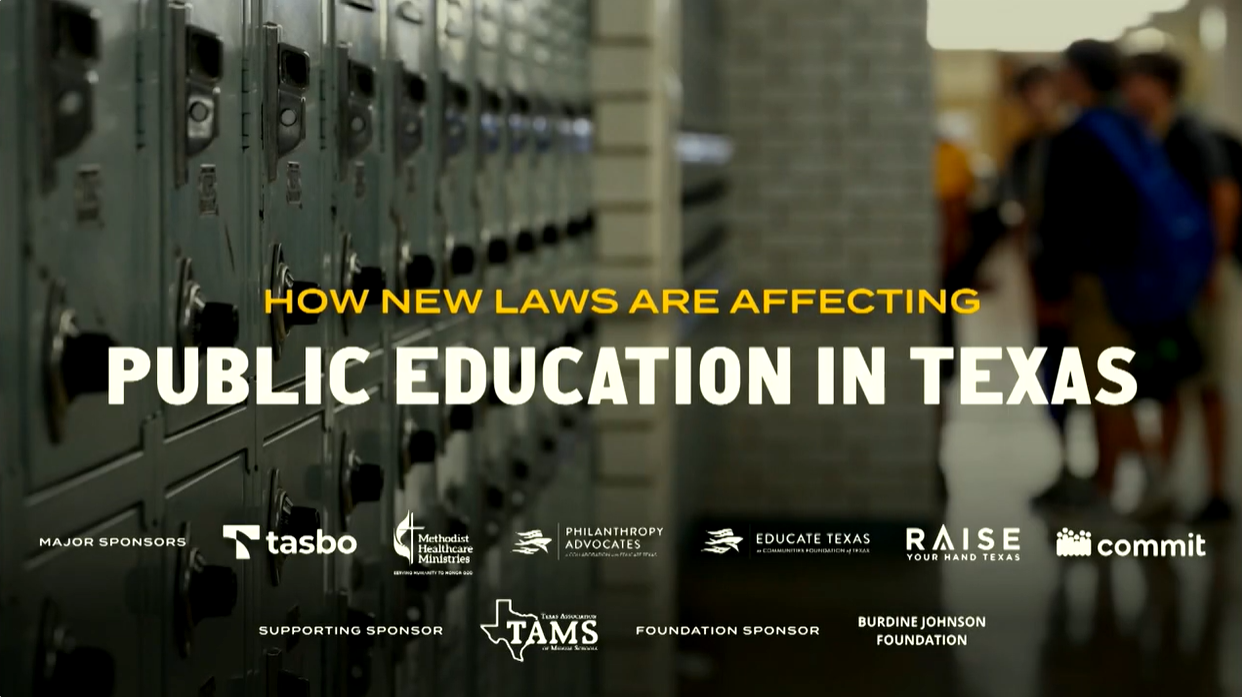With House passage of a state budget, attention turns to the Senate

Date Posted: 4/06/2015
The legislature and the business of our great state can (or could possibly) be very simple. All that legislators are required to do every two years when they meet is to pass a state budget. That is all. No bickering over education reform, guns on college campuses, whether educators should be required to have college diplomas to teach, or what the official state food should be. All of those debates, along with special and partisan interests, exist and often dominate the business of the legislature, as well as the news, merely because politicians allow it - or better yet, the electorate allows it. There is an old saying that just because you can do something doesn't mean you should do it. After observing the legislature for roughly the last fifteen years, I can say that this advice should be heeded often. With that off my chest, I am happy to report that the one piece of required business for the 84th legislature is making progress. At least in the amount of time devoted to it, if not also the passion and direction of the House leadership, the state's two-year budget has garnered the respect it deserves. Shortly before 6 p.m. on Wednesday, April 1, after nearly 18 hours of debate, the House of Representatives passed its version of the state budget. The House budget (contained in House Bill 1) contains nearly $210 billion to cover all state operations for the next two years, including public safety, highways, water infrastructure, prisons, healthcare, and even the state's portion of public education. This proposed budget is a mere 3.8 percent increase over the current 2014-15 budget, throwing a rather large bucket of icy cold water on those scoffers who've been complaining that the conservative House leadership is spending too much this session. Anyone operating a local budget, from school boards to city councils, knows that funding support from the state has not kept up with actual needs for at least the past decade. Texas ranks near the very bottom compared to other states in state tax revenue generated and expenditures per person. We have a lean budget, and anyone suggesting otherwise simply has not gone through the process of developing it; there is little fat in this budget sausage. The upside is that there is new money for public education. The House chose to fund enrollment growth (based on approximately 85,000 new students per year) and include an additional $3 billion to address both the legislative and judicial concerns regarding equity and adequacy of our state's school finance system. While these new funds are much appreciated, it's worth noting that only $800 million of this extra $3 billion comes from the state, while the remaining $2.2 billion comes from anticipated property tax growth that the state will allow to remain in the education funding formulas. Further, even with this new funding we are still behind the curve when it comes to inflation-adjusted spending per student, having not caught up to our 2006 per student spending levels. Now that the House can move on to other business, we look to the Senate to see what newly elected Lt. Gov. Dan Patrick can muster. The Senate budget lags that of the House in both overall appropriations and education funding. There are serious differences in opinion between the House and Senate on proposed tax cut legislation (which requires an appropriation expenditure), as well both public education and school retiree health insurance funding. ATPE has and continues to advocate for the Senate to match the House commitment, at a minimum, to fully fund retiree healthcare for the next two years. The Senate is expected to debate its version of the budget soon, potentially as early as next week. There is no more serious business than that of our state priorities and how we invest in them. It is our message to tomorrow, both because it literally is a budget for the next two years, and because it is what we want to offer our children in the form of opportunity. There is nothing inherently wrong with a well-thought-out, lean budget; however, the bill for necessities will eventually come due, and someone - whether it's the local taxpayer in the form of property taxes, or the state - will have to pick up that tab. Ignoring this reality only exacerbates the problems and challenges we already face. Stay tuned to Teach the Vote for more information as the budget develops.
CONVERSATION
RECOMMENDED FOR YOU

04/18/2024
5th Circuit Court denies rehearing in publishers’ Texas library book lawsuit
Author of HB 900 urges Paxton to appeal to the U.S. Supreme Court.

04/17/2024
TRS board to consider lowering TRS-Care Medicare Advantage premiums
Increased legislative funding, federal changes mean TRS is positioned to pass on savings to plan participants.

04/16/2024
Texas Tribune hosts panel on the impact of new legislation on Texas public education
The hourlong conversation focused primarily on the need for and impact of three pieces of legislation passed in 2023.

